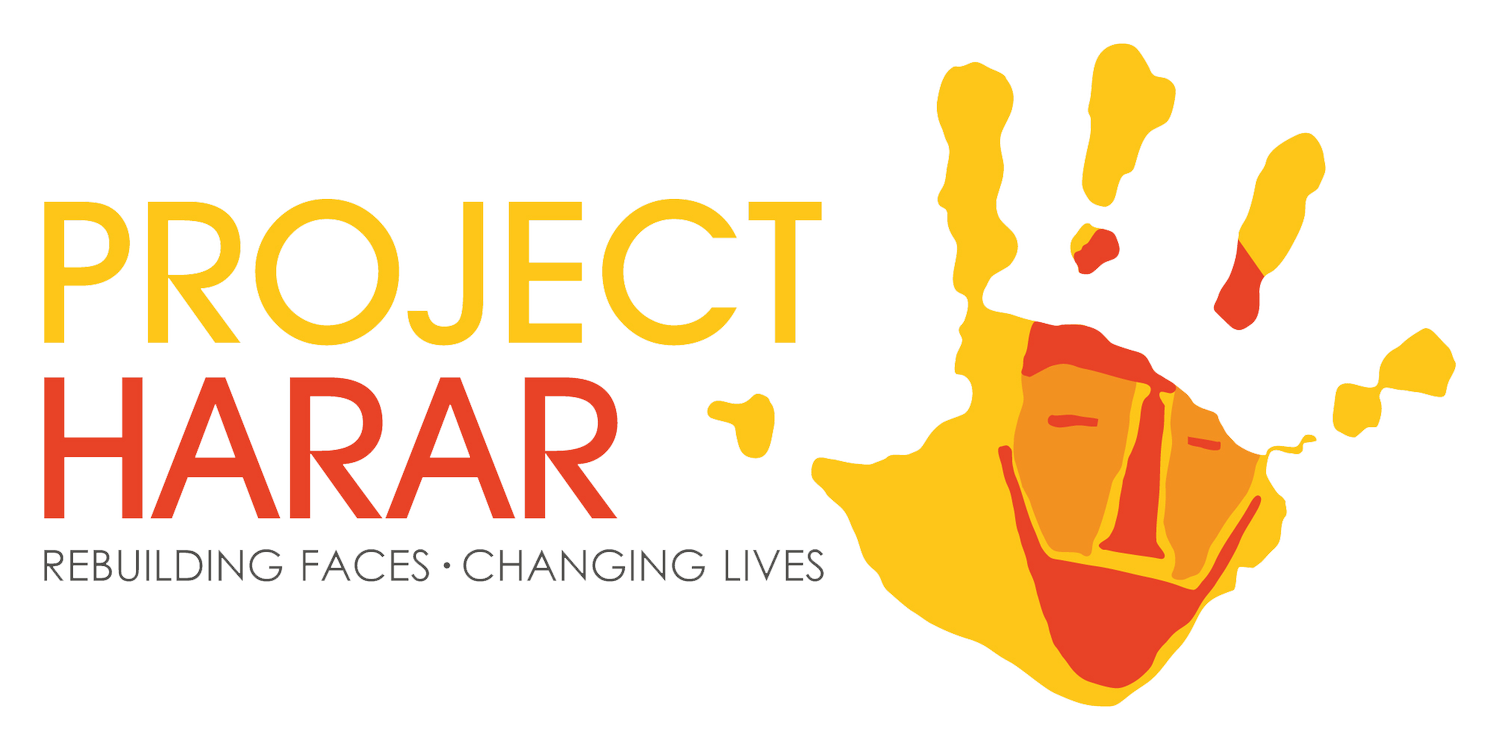BILAL’S STORY
Bilal came to our recent programme in Bahir Dar, with both his mother and father who are farmers in North Gondar. Bilal has previously had surgery to correct his cleft lip and returned to receive cleft palate surgery. He is 3 years and four-months-old and is the fifth chid of his parents.
His mother explained to us that“One of the most frustrating challenges for me was feeding my baby. My baby kept on crying and I could not help him. I was really stressed. I wondered how the child would be feeding and suckling. He used to cry a lot and this depressed my heart. To a point I felt like I could not cope at times”.
Bilal’s mother is not alone in her distress surrounding her sons condition. Parents of children with cleft lip and palate often report to us feelings of heartbreak and worry for their children. Without support of cleft professionals, parents (especially mothers) are often left feeling helpless, struggling to feed their children and provide them with the additional care they need. Therefore, the work that project Harar does in providing training in cleft care for Ethiopian health and social workers is so vital. Having support groups and professional advice can help parents to manage their child’s cleft condition until they are able to get surgery, enabling parents to feel less alone and helpless like Bilal’s mother did.
Bilal’s Mother also expressed the loneliness and isolation she and her family have experienced because of stigma surrounding her son’s condition. “I don’t like the way people gossip about my baby. They do not say the things when we are together but they say things when they go away because we believe all things are done in the will of Allah.” Different religious and cultural beliefs across Ethiopia can often result in mothers experiencing blame for their child’s cleft, with people believing that the facial
difference is a curse or a punishment for something the mother has done. These misconceptions are incredibly upsetting and damaging for the mothers, leading them to feel personal responsibility and guilt for something that was not their fault. Bilal’s mother went on to explain that “People from my community distanced themselves from us. I was only left with the father of the baby and one sympathetic neighbour.”
“I am glad for the treatment given to my child. Liberating my family from stigma and discrimination in the community.”



